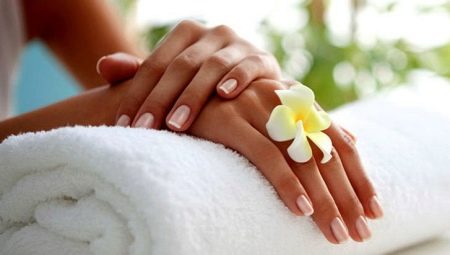The popularity of gel polish is understandable. Thanks to him, the nail acquires a denser structure, the coating lasts quite a long time, and the abundance of color shades is perfectly emphasized by the glossy surface. The method that is used for applying gel polish to the nails allows you not to spend a lot of time waiting for the product to completely dry.
However, the gel coating has its drawbacks. It is no secret that the regular use of persistent decorative products has an adverse effect on the condition of nails.
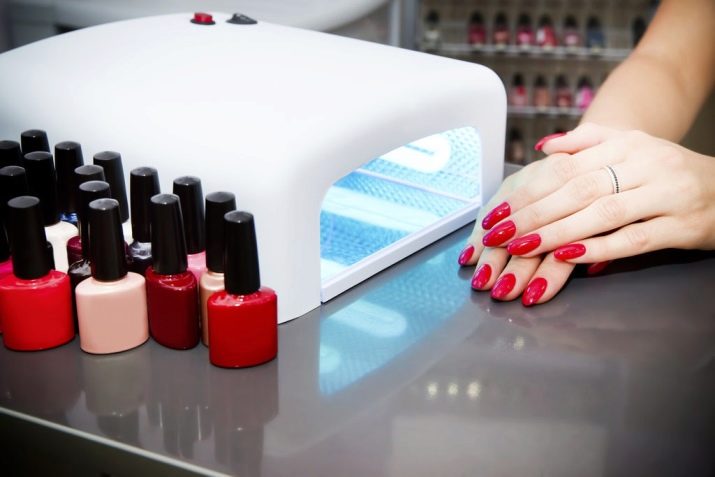
What is harmful gel polish?
Gel polish is a unique coating that combines the features of all possible types of varnishes. First of all, these features include:
- ease of use;
- rich glossy finish;
- varied color palette;
- pleasant aroma;
- resistance to various mechanical damage.
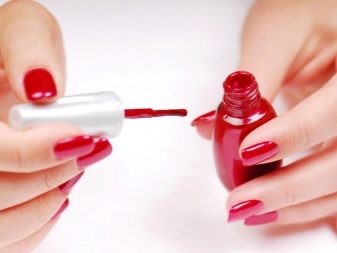
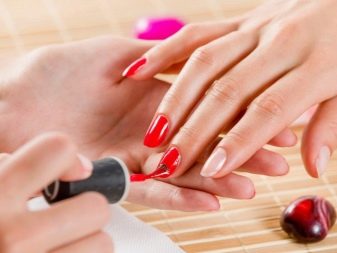
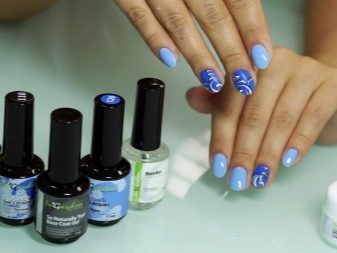

But the main advantage of gel polish, of course, is its significant service life. The recommended time to wear a persistent gel coat is 2-3 weeks. Going on vacation or travel, women give preference to the gel coating. Since this way they will be able to forget about the appearance of their pens and enjoy the rest.
Despite the huge number of positive aspects, there are also negative ones. So, gel polish contains chemicals. Thanks to them, the gel composition is able to penetrate deeply into the nail plate, thereby providing better adhesion to its surface.If you follow the correct method of applying gel polish, as well as with its correct removal, the nail plate can be kept healthy. A guarantee of protecting the healthy state of the nails is also wearing a gel coating for only a certain period of time. A woman who does not comply with the deadlines risks causing thinning or deformation of the nail plate. This is due to the fact that with each day of wearing, the gel coating penetrates deeper and deeper into the structure of the nail. Consequently, the adhesion to the nail becomes stronger. Removing such a coating will require the use of a very aggressive chemical agent, which inevitably leads to a deterioration in the state of the marigold.
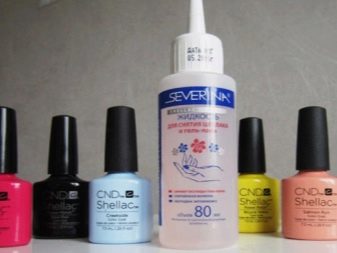
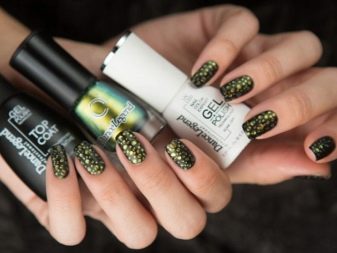
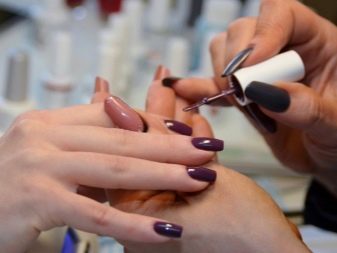
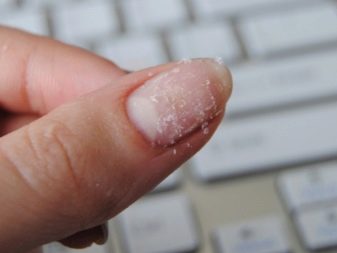
You can not change the coating and do a new manicure without a break, as this can ruin the nails and they will have to be treated. It is necessary to give the nails a rest. It is better to cover with gel and paint nails a couple of days after removal. When you perform the correction, visually check the condition of your nails before applying the gel.
Do nails need rest?
In theory, the use of a gel coating can be regular, you just need to follow a few recommendations for care. Often, women forget about caring for nails and cuticles, which when using a resistant coating more than ever need additional nutrition and hydration. To maintain perfect condition, you must use the help of special cosmetics designed to solve this problem. As part of such funds, you can find such ingredients as: almond oil, jojoba, coconut.
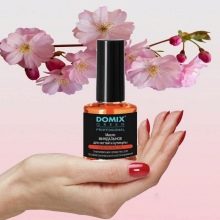
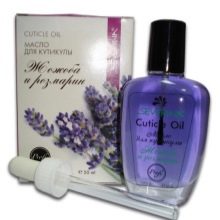
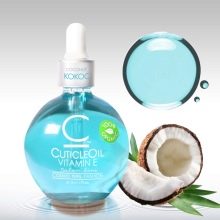
Almond oil is aimed at protecting the nail plate from excessive moisture loss. It is the loss of moisture that causes the nail plate to break off and thin out, even if it visually gives the impression of being healthy. Thanks to jojoba oil, the cuticle and the root of the nail plate, which is called the matrix, are fed.
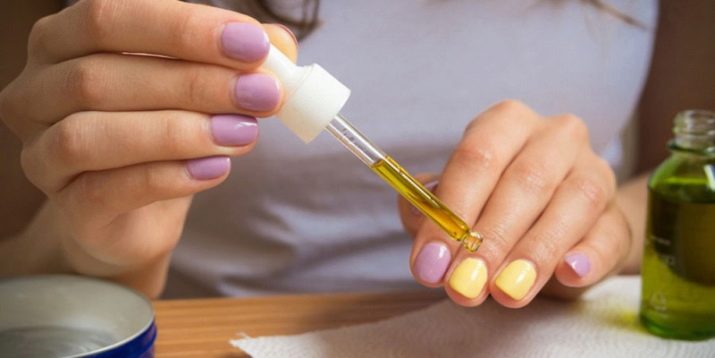
Causes of poor nail condition
First of all, the application of a gel-resistant coating should be accompanied by extremely gentle processing of nails. It is not recommended to use a hard file or polishing buff. It is worth noting that an experienced master will never deal with cutting off the gel coating with an apparatus or file, as this will inevitably deform the nail plate and sooner or later lead to its thinning. This also applies to a rigid metal file, which when working with nails forms microcracks on their surface. Subsequently, this can provoke delamination of the marigolds, which is extremely difficult to get rid of. Few people know, but in the presence of any skin diseases (for example, serious acne), it is recommended to refuse a stable gel coating until complete recovery.
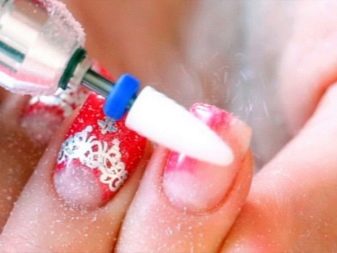
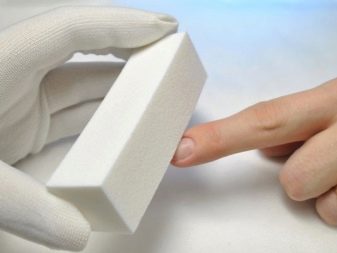
Deterioration of healthy nails may be due to the ingress of water or dirt into the overgrown areas of the nail plate. With prolonged use of gel polish, the nails grow over time, resulting in an overgrown area, where the adhesion of the gel coating and the nail surface is not so strong and strong. During this period, there is a high probability of the appearance of an air pocket or detachment of the gel coating from the marigold. It is worth noting that if dirt begins to accumulate in this area, then the development of pathogenic bacteria or an infectious fungus is quite possible. Also, the use (for example, for cleaning) of chemicals can extremely aggressively affect the overgrown area of a natural nail. This will not affect the state of the gel coating, but can accelerate the process of breaking off the marigold.
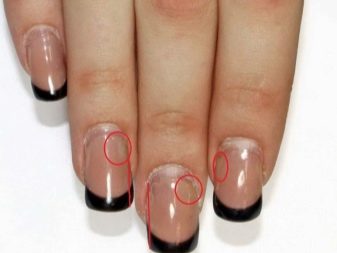
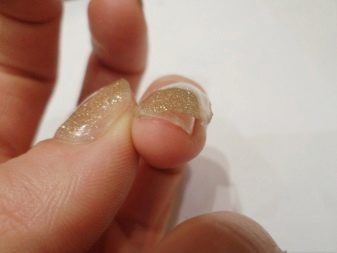
What is the danger of non-compliance with the application technology?
The process of applying gel manicure with the correct execution and following all the necessary recommendations is not able to harm the nails.But if the manicurist violates the application technology, then there is a high probability that the nails will let you know about it, starting to break and flake. Many mistakenly believe that the sawn natural nail is much stronger and holds the gel coating stronger. However, this is a fallacy. The fact is that the combination of gel and varnish, which, thanks to its own composition, allowed to create a stable coating, has high adhesion to a substance such as keratin. It (in small quantities) is part of any nail. Therefore, any intervention in the structure of the nail, especially if it is a mechanical sawing of the upper layer, is not necessary.
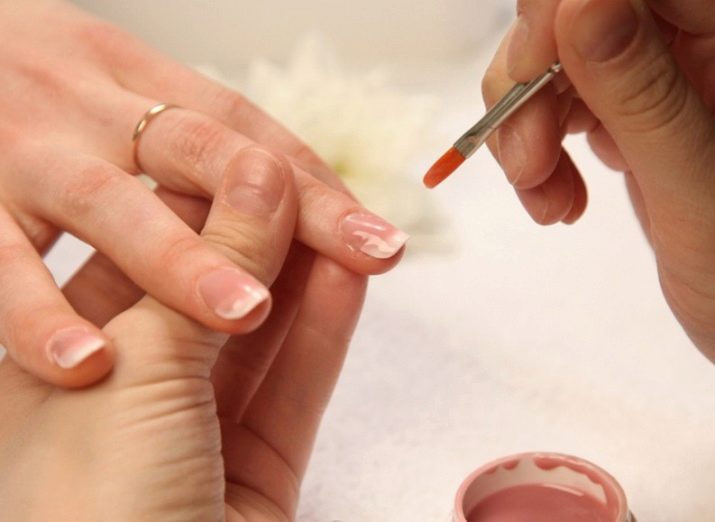
Do not forget that the removal of a persistent gel coating can also cause serious damage to a healthy nail plate. Often women dissolve gel polish on their own at home, completely ignoring the recommended technology. But the most dangerous way to remove the gel coating is to tear it off, like a film.
How often can I use a coating?
A manicure specialist is not recommended to wear a gel coating for more than two to three weeks. This is due to the fact that each nail plate has its own stress zone. The concept is little-known, but very important - thanks to it you can determine in which part the nail will break. When the master forms the correct architecture of the nail, his stress zone is located almost at the very base (next to the cuticle). Therefore, breaking off the nails on the first day of applying gel polish is impossible. With the growth and development of nails, the stress zone gradually begins to shift from the cuticle to the very edge. During this period, the nail increases in length, and the risk of breaking off the nail plate increases. That is why many mistakenly believe that prolonged wearing of the gel coating provokes breakage of nails.
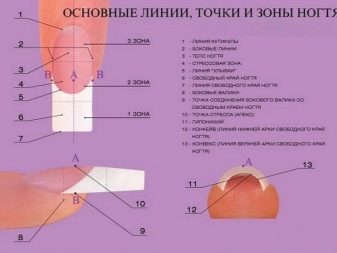
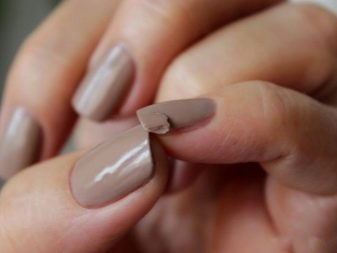
An important nuance in matters of updating the gel coating and its frequent wearing is hypochony. It is a patch of skin that is located directly under the nail plate. Its function is to protect the nail from infection and virus (in case dirt accumulates under it). Sometimes hypochonia is fixed on the lower parts of the nails. Long-wearing persistent gel polish provokes stretching of this area of the skin. It is worth noting that hypochonia is an extremely sensitive skin. Therefore, when a manicurist begins to reduce the length of an overgrown nail with a coarse metal file, you may experience severe discomfort and even pain. This is due to the fact that the master, along with the extra length, also cuts off a section of living skin. The only recommendation that does not allow hypochonia to grow is to engage in timely updating of manicure. Fresh manicure will not only allow your hands to look well-groomed, but also save you from unpleasant consequences in the future.
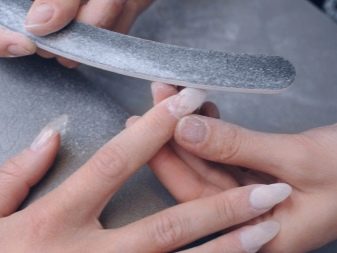
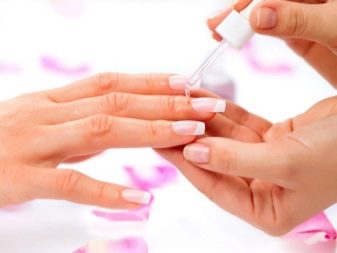
For how long you can wear gel polish, see the next video.
